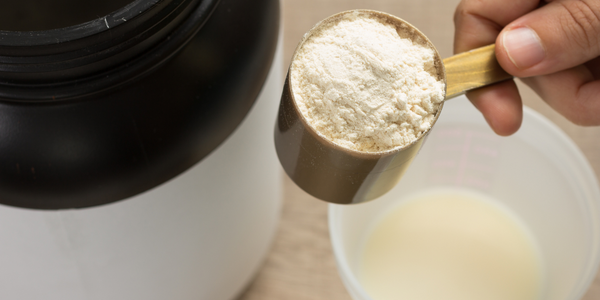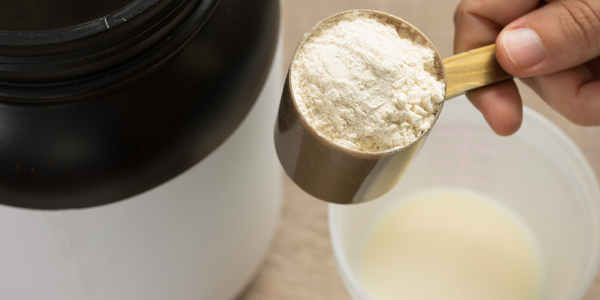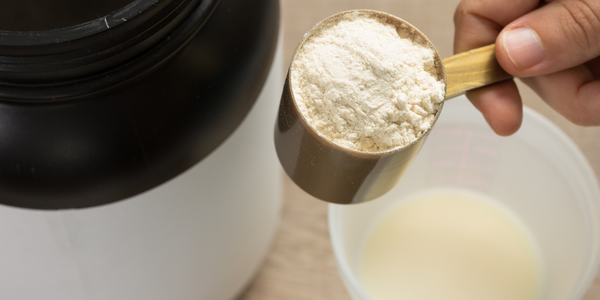The Power of Whey Protein: A Comprehensive Guide for Healthy Aging
As people age, it is essential to maintain optimal health and physical function. One of the most important factors in healthy aging is adequate protein intake, which is crucial for maintaining muscle mass, supporting the immune system, and overall well-being. However, as people age, they may experience decreased appetite, difficulty digesting large meals, and muscle loss. High-quality, easily digestible protein, whey protein has become popular among older adults because of its numerous benefits. It not only prevents muscle loss but also supports bone health, immune function, and cognitive performance.
Here are the key benefits of whey protein for the elderly.
Benefits of Whey Protein for the Elderly
Muscle Maintenance and Growth
One of the primary benefits of whey protein for the elderly is its ability to support muscle maintenance and growth. As we age, muscle mass naturally decreases, a condition known as sarcopenia. Whey protein, being a complete protein with all nine essential amino acids, helps stimulate muscle protein synthesis, which is crucial for building and repairing muscle tissue. The presence of leucine, an amino acid found in whey protein, plays a key role in this process. Studies have shown that whey protein supplementation, combined with resistance exercises, significantly improves muscle strength and mass in older adults [NIH].
Immune System Support
Whey protein offers benefits beyond muscle health by enhancing immune function. As we age, the immune system becomes less efficient, which can lead to increased susceptibility to infections and illnesses. Whey protein contains bioactive peptides that help support and strengthen the immune system [NIH]. Regular consumption of whey protein can contribute to better overall health, helping elderly individuals stay healthier for longer.
Bone Health and Prevention of Osteoporosis
Another notable benefit of whey protein for seniors is its support for bone health [NIH]. Whey protein contains calcium, an essential mineral for maintaining strong bones and preventing conditions like osteoporosis. Some studies suggest that whey protein supplementation can help improve bone mineral density, reducing the risk of fractures in older adults. By supporting bone health, whey protein plays an important role in promoting mobility and overall well-being in the elderly.
Cognitive Function and Mental Clarity
In addition to its physical benefits, whey protein may also help improve cognitive function in the elderly [NIH]. The bioactive compounds in whey protein have been linked to improved brain function and a reduced risk of cognitive decline. By supporting brain health, whey protein can help seniors maintain mental clarity and cognitive function, which is crucial for maintaining independence and quality of life as they age.
Digestibility and Convenience
Whey protein is easily digestible, which is especially beneficial for seniors who may experience digestive issues or find it difficult to consume large meals. The rapid absorption of whey protein makes it an ideal supplement for elderly individuals to meet their daily protein requirements without putting strain on their digestive system. This convenience, coupled with its effectiveness in supporting muscle health and overall wellness, makes whey protein an excellent choice for seniors looking to maintain an active and healthy lifestyle.
The integration of whey protein into a senior's diet doesn't have to be complicated. Simple strategies include adding whey protein powder to morning smoothies, mixing it into oatmeal, or enjoying it as a post-exercise shake. The key is consistency and choosing a high-quality product that's easy to digest and free from unnecessary additives.



























 DOWNLOAD NOW
DOWNLOAD NOW
